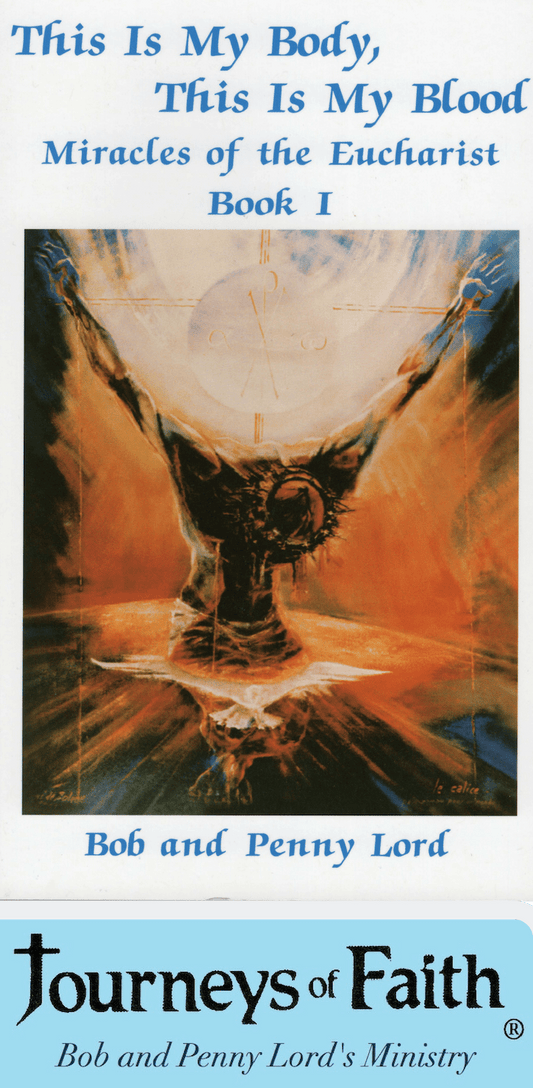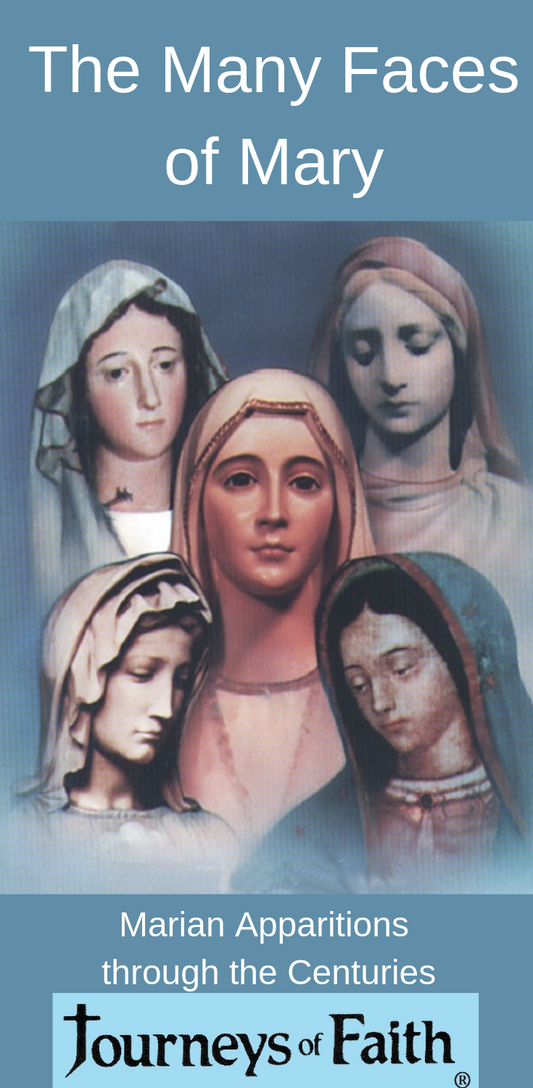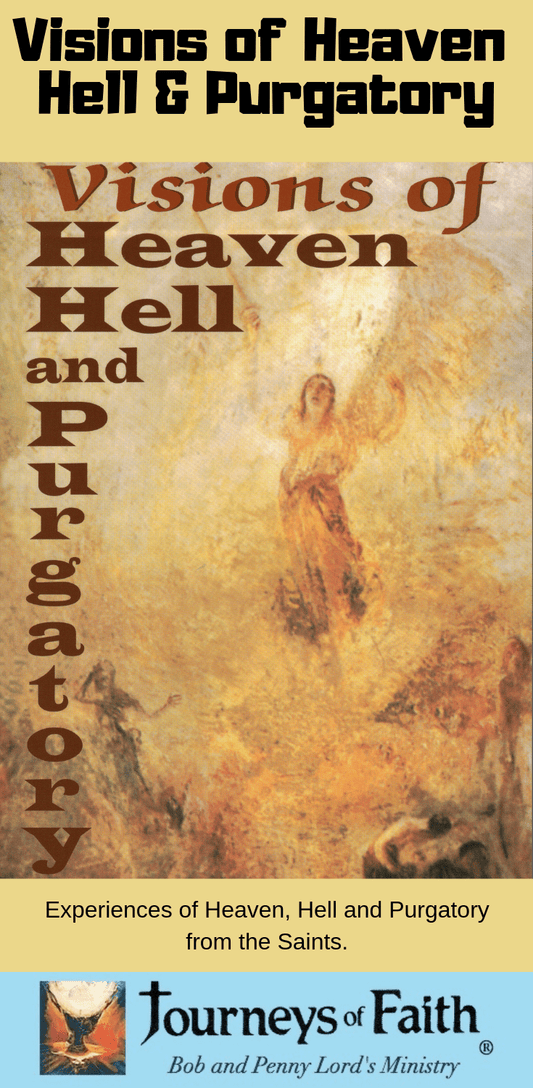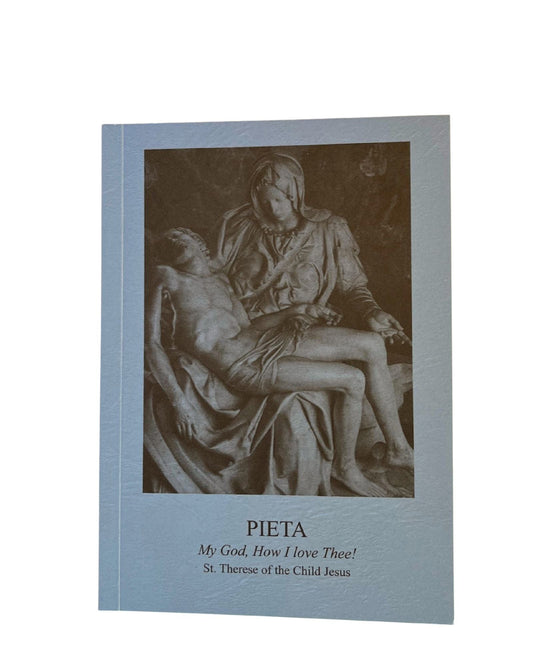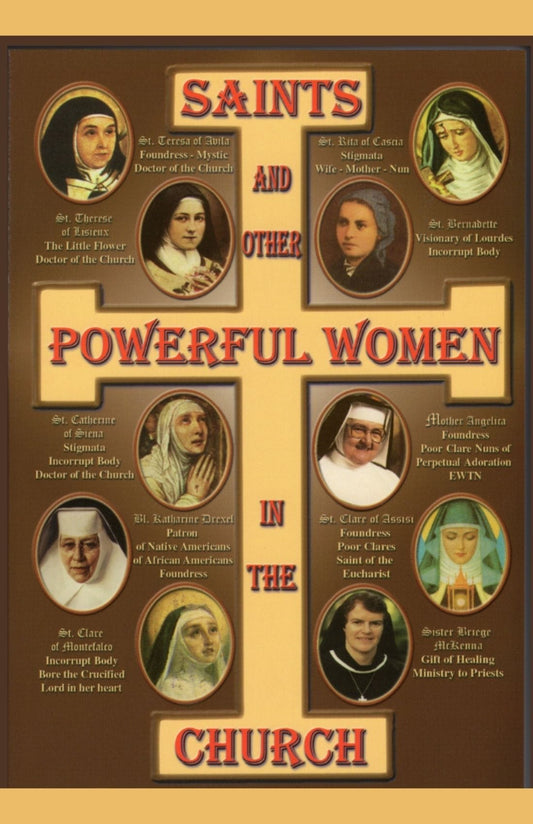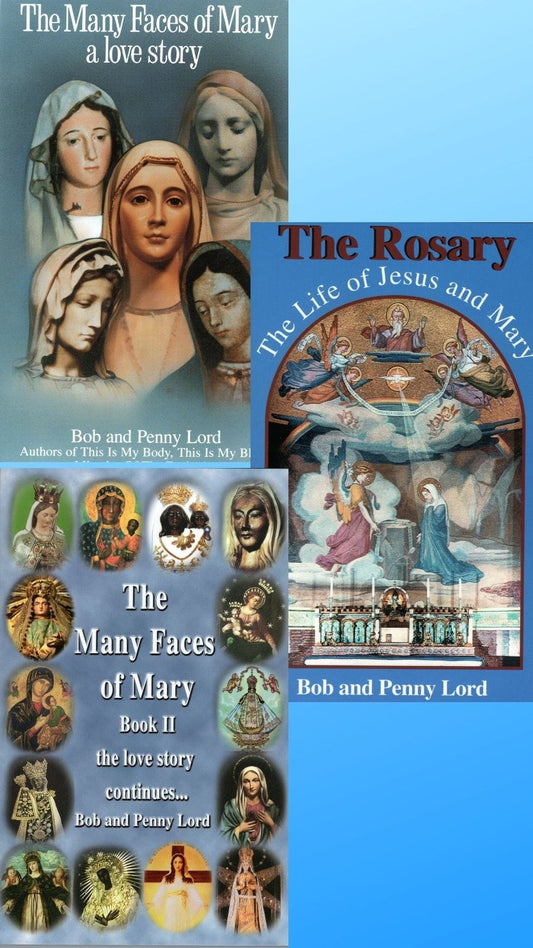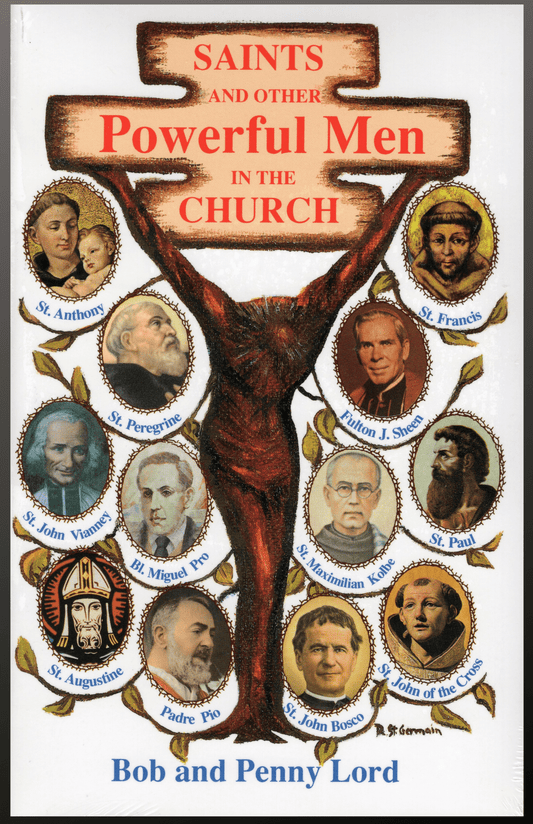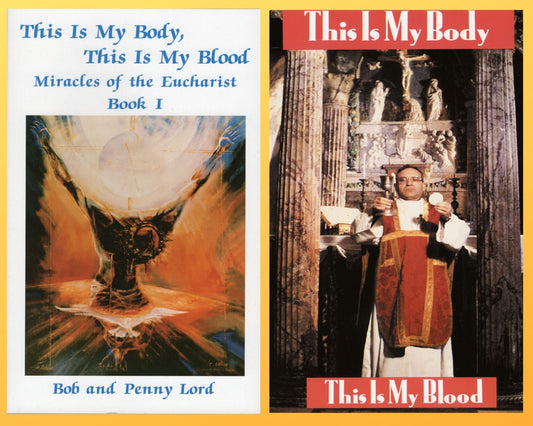-
Miracles of the Eucharist Book I Classic BT Paperback
Regular price $13.95 USDRegular priceUnit price per$18.00 USDSale price $13.95 USDSale -
Divine Intimacy - Leather - FREE Shipping Classic Meditations by Father Gabriel
Regular price $66.95 USDRegular priceUnit price per$69.95 USDSale price $66.95 USDSale -
The Many Faces of Mary Book 1 Classic
Regular price $17.95 USDRegular priceUnit price per -
Visions of Heaven Hell and Purgatory Book Classic
Regular price $19.95 USDRegular priceUnit price per -
The Pieta Prayer Booklet Classic by Caritas
Regular price From $5.95 USDRegular priceUnit price per$18.95 USDSale price From $5.95 USDSale -
Visionaries Mystics and Stigmatists Book Classic
Regular price $19.95 USDRegular priceUnit price per -
The Many Faces of Mary Book II Classic
Regular price $20.95 USDRegular priceUnit price per -
Saints and Other Powerful Women in the Church Book Classic
Regular price $19.95 USDRegular priceUnit price per -
Many Faces of Mary Books 1 and 2 and The Rosary, The LIfe of Jesus and Mary Books Classic Free Shipping
Regular price $39.00 USDRegular priceUnit price per -
Miracles of the Eucharist Book II Classic BT2
Regular price $16.95 USDRegular priceUnit price per$21.00 USDSale price $16.95 USDSale -
Saints and Other Powerful Men in the Church Book Classic
Regular price $20.95 USDRegular priceUnit price per -
Heavenly Army of Angels Book Classic
Regular price $16.95 USDRegular priceUnit price per$20.95 USDSale price $16.95 USDSale -
Miracles of the Eucharist Book plus DVD Classic BT-LM7
Regular price $23.04 USDRegular priceUnit price per$29.95 USDSale price $23.04 USDSale -
The Dialogue of St. Catherine of Siena Leather Bound Classic
Regular price $30.00 USDRegular priceUnit price per -
The Confessions of St. Augustine (Catholic Classics) Hardcover
Regular price $29.95 USDRegular priceUnit price per


